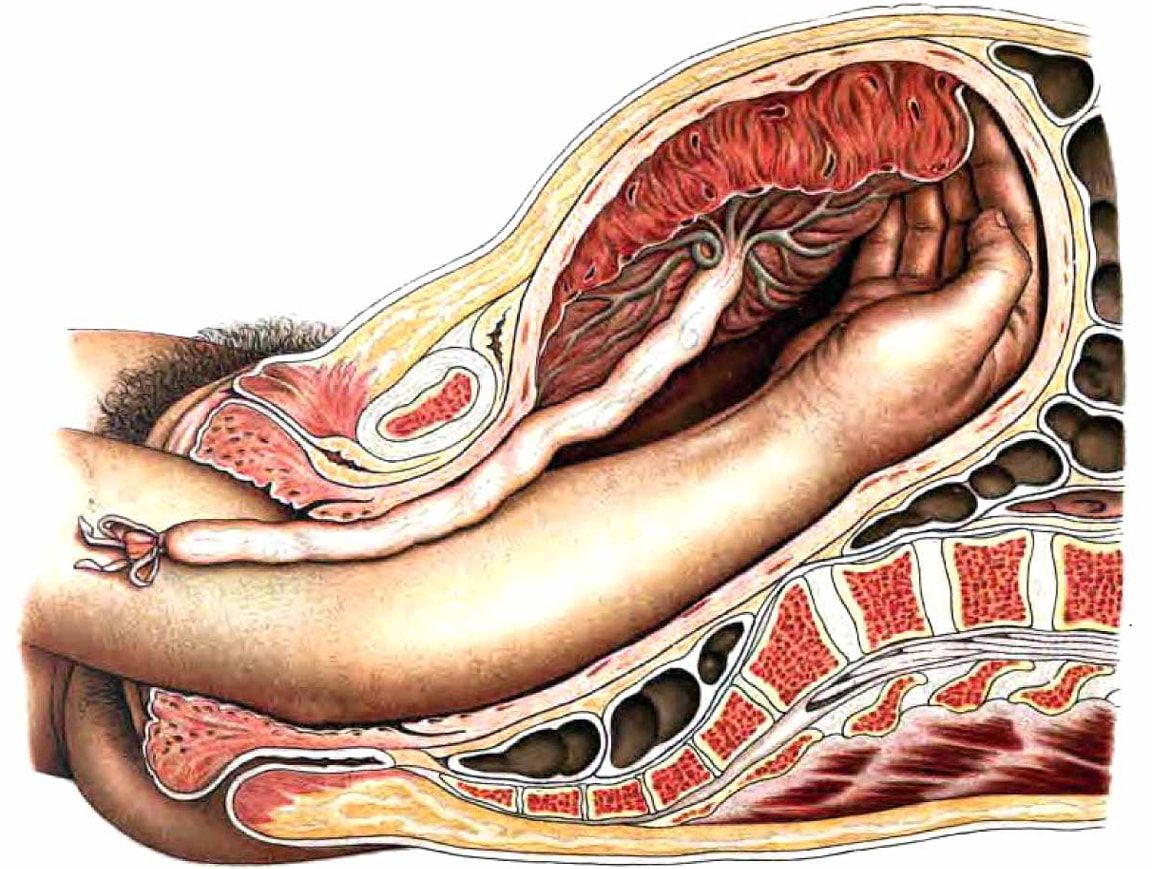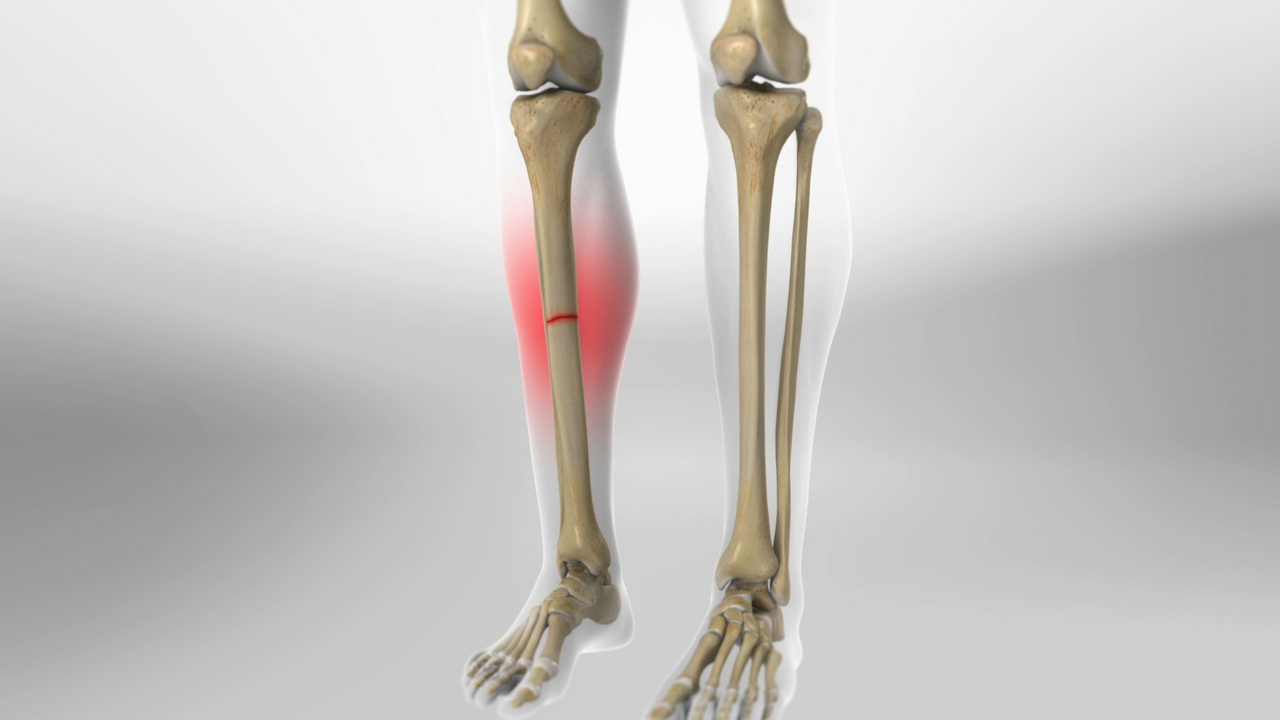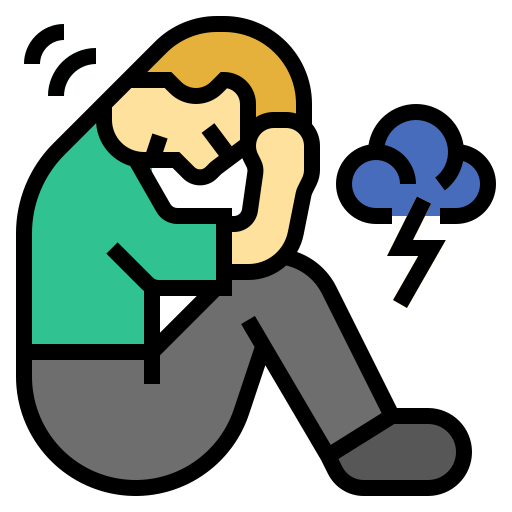- Participants learn how to conduct comprehensive assessments of functional decline in elderly patients, including activities of daily living (ADLs), instrumental activities of daily living (IADLs), mobility, and cognitive function. They gain skills in using standardized assessment tools to identify areas of decline and develop appropriate care plans.
- The simulation provides opportunities to explore the underlying causes of functional decline in elderly patients, such as medical conditions, medication side effects, environmental factors, and psychosocial stressors. Participants learn to conduct thorough evaluations to identify and address these contributing factors.
- Participants learn to assess family dynamics and identify sources of conflict or tension that may impact patient care. They gain insights into understanding family roles, communication patterns, and cultural factors that may influence decision-making and care coordination.
- The simulation emphasizes the importance of effective communication in addressing functional decline and family conflict. Participants learn strategies for facilitating open and respectful communication with patients and family members, including active listening, empathy, and conflict resolution techniques.
- Participants gain skills in navigating family conflicts and resolving disagreements related to patient care. They learn to identify common sources of conflict, such as disagreements about treatment options, caregiving responsibilities, and end-of-life decisions, and develop strategies for facilitating compromise and finding mutually acceptable solutions.
imaginX is used by many amazing schools and universities
University / College

























